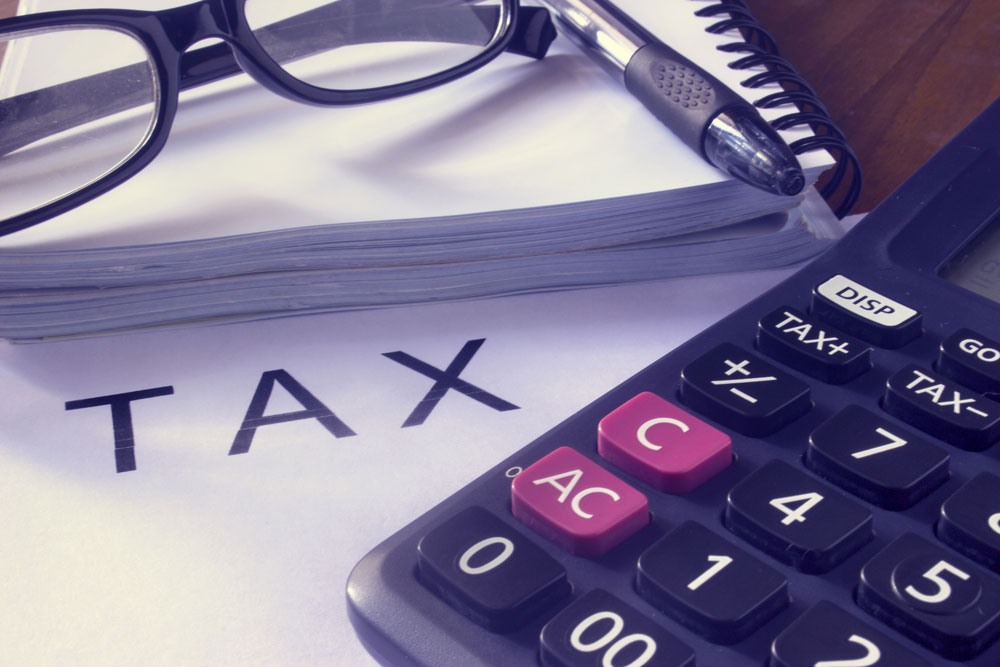Tax practitioners have urged Union finance minister Nirmala Sitharaman to consider reducing the minimum alternate tax and corporate tax rates in the upcoming budget.
In a memorandum to the finance minister, the All India Federation of Tax Practitioners have urged the government to consider full allowance of depreciation and brought-forward losses to calculate MAT.
“The current rate of MAT at 18.5 per cent is quite high and have impacted the cash flow of companies who otherwise have low taxable income or have incurred tax losses. The burden of MAT should be gradually reduced from the current level of 18.5 per cent,” the All India Federation of Tax Practitioners said in its memorandum.
MAT was introduced in 1987 to handle tax avoidance by companies that had healthy profits but used concessions to avoid taxes.
The federation said at present the amount of loss brought forward or the unabsorbed depreciation, whichever is less in the books of account, is allowed as deduction while computing book profit for the purpose of MAT.
“It is suggested that both depreciation and brought-forward losses should be fully allowed for the purpose of MAT. The methodology for computing loss brought forward and unabsorbed depreciation may be specifically provided in section 115JB of the act,” said the federation.
Narayan Jain, co-chairman of the direct tax committee of the federation, said workable exemptions may be placed instead under chapter VIA of the income tax act, which will help to reduce litigation and better tax collection.
“The aggregate exemptions and deductions allowable to any taxpayer may be pegged at 80 per cent of the gross total income. Even charitable societies, hospitals etc making profit will also pay tax in this process,” he said.
The federation has also urged reduction in corporate tax rate for companies to be competitive in the global market.
“India should reduce the maximum tax rate to 20 per cent to maintain competitiveness in the global market,” the memorandum said.










